Perhaps the phrase “counterfeit goods” has become the biggest concern in the minds of consumers. In just a few months, a series of cases discovered by authorities have exposed the fraud and deception in food production and trading. The subjects have targeted more than 80% of Internet users who shop online, taking advantage of loopholes to consume counterfeit goods, goods of unknown origin, and commercial fraud.
Therefore, in addition to the determination in inspection and control, perfecting the institutions and amending the Laws related to e-commerce are prerequisites to regain trust and shape the game in cyberspace.
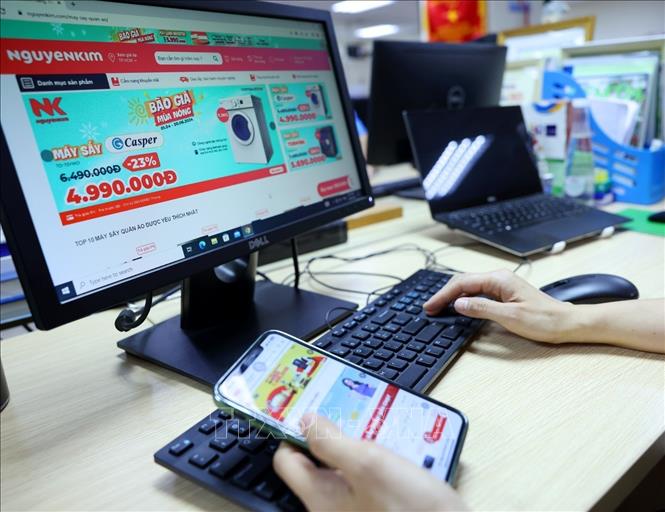
Revealing the dark side
In recent days, public opinion across the country has been shocked by the news that Miss Nguyen Thuc Thuy Tien was prosecuted and detained to investigate the act of "Deceiving customers" under Clause 2, Article 198 of the Penal Code. The incident not only shocked public opinion because of the reputation of the violator but also revealed a part of the dark side of the functional food market and the current situation of exaggerated and fraudulent advertising.
It is no coincidence that the Kera candy incident is considered the "last straw" because many serious incidents such as the fake milk line in Hanoi , fake medicine in Thanh Hoa, fake functional foods in Phu Tho, cosmetics of unknown origin in Ho Chi Minh City have been discovered, showing the widespread level of counterfeit goods and the erosion of business ethics.
Mr. Nguyen Binh Minh, Head of Human Resources Development Department of Vietnam E-commerce Association (VECOM) said: Looking at the fake milk, fake medicine, fake food cases, it shows that the situation of fake and poor quality goods is a burning issue but the post-inspection process is not done well. The fact that fake, counterfeit, and poor quality goods are sold openly and freely in the electronic environment poses a challenge that requires identifying sellers and fully tracing the origin of goods.
According to the Vietnam E-commerce Association, there are an average of 2.5 million livestream sales sessions per month, with more than 50,000 sellers participating. “With online business activities growing, VECOM has repeatedly recommended the need for mandatory traceability regulations for functional foods and foods related to human health. In addition, it is necessary to issue regulations on the ethical responsibilities of sellers to avoid false advertising,” Mr. Nguyen Binh Minh pointed out.
According to lawyer Hoang Van Ha, Director of ARC Hanoi Law Firm (HNLAW), the lack of strict enforcement, lack of deterrence, and lax post-inspection and traceability are the weaknesses that make many people disregard the law. In addition, the role of censoring advertising content, especially on social networks, is still lax, creating conditions for toxic products to infiltrate the market.
Commenting on this issue, Ms. Le Thi Ha - Head of the Department of E-commerce Management, Department of E-commerce and Digital Economy ( Ministry of Industry and Trade ) said that the number of individuals, traders, and organizations with accounts opened to operate websites or applications is still growing every day and every year.
In 2024, the Department of E-commerce and Digital Economy recorded more than 9,000 accounts from traders, organizations, and individuals. From these accounts, the Ministry of Industry and Trade licensed e-commerce websites. The number of licensed websites in 2024 was more than 5,729. The number of e-commerce applications, about 195 (including direct sales websites and intermediary and non-intermediary platforms), continued to grow steadily.
Notably, the Ministry of Industry and Trade has also removed 120 websites and 48 applications on e-commerce transactions that are no longer active but still have data on the online.gov.vn system of the Department of E-commerce and Digital Economy. In addition, the Ministry of Industry and Trade coordinates with the Ministry of Public Security to carry out tasks related to encouragement and authentication to ensure that products and goods, even in a virtual environment, can still authenticate the seller's address.
Not only state agencies, the Ministry of Industry and Trade also coordinates with e-commerce businesses (more than 55,000 businesses operating e-commerce sales and more than 1,000 e-commerce trading floors) to quickly and effectively remove products that show signs of violating the law. Among them, the Ministry of Industry and Trade has also coordinated with units owning e-commerce platforms to remove about 1,000 products such as functional foods and milk.
"However, at present, the law still does not have specific and detailed regulations on controlling sales, advertising, and product quality from KOLs and KOCs on social networking platforms. Furthermore, the management of cross-border e-commerce platforms is also a difficult problem that requires better coordination between state management agencies, especially customs agencies," Ms. Le Thi Ha further analyzed.
Re-establish trust
Faced with this reality, over the past month, the Prime Minister has continuously issued directives related to handling cases of counterfeit goods production and trade; at the same time, emphasizing the requirement for competent agencies to promptly prevent and handle these acts. Notably, the Prime Minister directed to launch a nationwide campaign from May 15 to June 15 to crack down on counterfeit goods, fake goods, trade fraud and intellectual property infringement.
According to analysts, the campaign to crack down on smuggling and counterfeit goods, if carried out seriously and synchronously, will not only eliminate a series of violations but more importantly, will restore trust in the market and the law. That is what the country urgently needs to enter a new era.
In order to implement this peak, Mr. Nguyen Thanh Binh - Deputy Director of the Market Management Department said that the whole country simultaneously deployed a plan to carry out a peak period of fighting, searching for, and handling counterfeit, fake, and smuggled goods nationwide from May 17 to June 17, especially violations on e-commerce platforms and social networks.
In the issued plan, the Department of Domestic Market Management and Development requires units to thoroughly apply information technology and digitalization in management, build a system to collect and share data and market information for common use throughout the market management force and connect with other functional agencies to promptly grasp and forecast the risk of smuggling and trade fraud, especially in the field of e-commerce.
According to Mr. Nguyen Thanh Binh, the unit has previously increased coordination with major e-commerce platforms such as Shopee, Tiki, Lazada... to share information, verify sellers, and trace the origin of goods. Currently, some platforms have initially established a quick response mechanism when requested by authorities; deployed tools to censor product content, and identify violations in sales posting.
However, the coordination efficiency is still at the "initial support" level because seller data is not fully shared, often only provided after an official request; there is no inter-sectoral information connection system, leading to manual and time-consuming processing. Many violations are cleverly disguised as small individuals, making it difficult to quickly trace without complete data from the platform.
In addition, the Department is coordinating with the Department of Security Industry of the Ministry of Public Security to deploy solutions to apply smart sticker technology (RFID technology) and electronic tracing, helping to verify the origin, check the origin and prevent counterfeit goods. In addition, it is coordinating with e-commerce platforms to research and apply AI technology to detect counterfeit goods through images or product descriptions and apply blockchain to ensure transparency in the supply chain and circulation of goods.
Ms. Le Hoang Oanh, Director of the Department of E-commerce and Digital Economy (Ministry of Industry and Trade) emphasized: In order to meet practical requirements, the Ministry of Industry and Trade is urgently completing the revised Law on E-commerce. According to the latest draft, e-commerce trading floors will have to take greater responsibility in controlling the origin of goods, publicizing seller information and strengthening mechanisms for handling consumer complaints.
“The issuance of a specialized Law on e-commerce will not only solve current problems but also shape the future of the e-commerce sector, ensuring balanced development between state management, consumer rights and business interests,” said Ms. Le Hoang Oanh.
Source: https://doanhnghiepvn.vn/kinh-te/gong-kim-dep-buon-lau-hang-gia-dinh-hinh-lai-cuoc-choi-tren-thuong-mai-dien-tu/20250523092404189


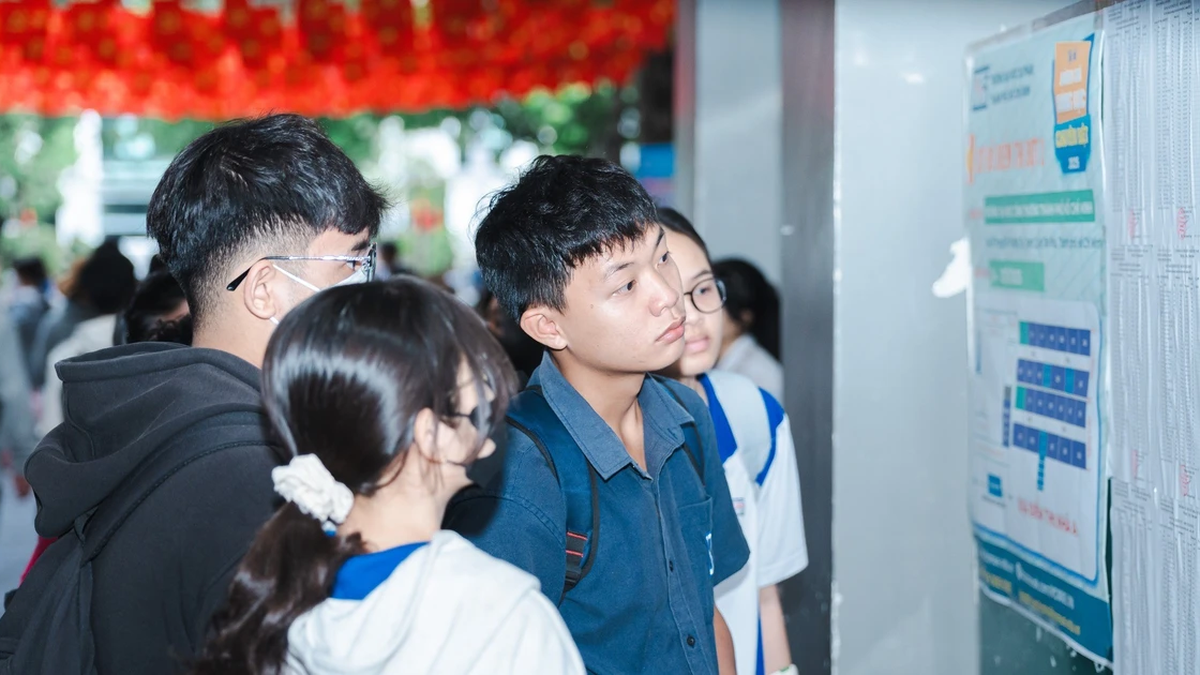






























































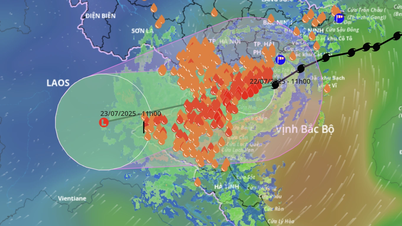
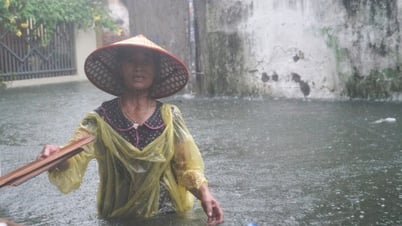
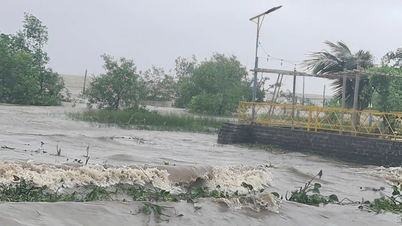






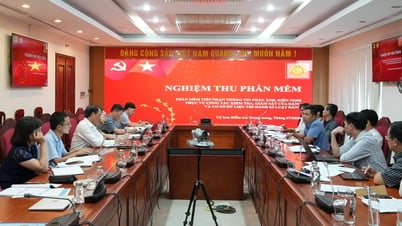



























Comment (0)